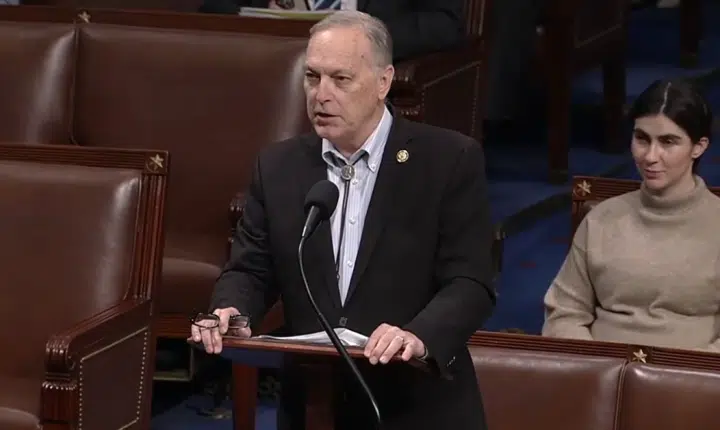By Bill Wilson — Markets were all giddy on Nov. 18 because of a new proposal by the International Monetary Fund (IMF), reported by Dow Jones, that would call on the ECB to get around the Lisbon Treaty’s Article 123 prohibition on purchases of government debt by lending the money to the IMF first.
Then, the IMF, without any such restrictions, would turn the money around and lend it right back to Greece, Italy, and other profligate European nations that cannot borrow at affordable rates privately.
Of course, like every other proposal to “save” European banks that bet poorly on sovereign debt, there are several problems.
Namely, it is illegal. The IMF is only allowed to borrow monies from central banks “to replenish its holdings on any member’s currency” as per Article VII of its Articles of Agreement. It cannot borrow money in order to boost its own lending capacity. The only way to do that would be to expand the IMF’s quotas.
Further disrupting the plan, having the ECB simply launder the money to the IMF with the express intention of bailing out bankrupt nations like Greece and Italy would still violate the Lisbon Treaty’s bailout prohibition.
Not to mention that by taking on risky European debt in such a clearly unethical and illegal way, the IMF would be exposing members nations to massive losses should Greece or other debtor nations default.
That would violate the constitutions of every member with an elected legislature, including our own. Of course, those losses would largely fall on the U.S., which provides 17.72 percent of the fund.
The U.S. has an effective veto at the IMF, and therefore Treasury Secretary Timothy Geithner has a duty to exercise it in this case. But assuming he has already approved such a scheme, it is Congress’ duty to pass legislation getting the U.S. out of the IMF all together.
Fortunately, the ECB and Germany are both said to be opposed to the plan. No small wonder, even if one ignores Article 123 of the Lisbon Treaty.
Although it is said that the European Central Bank (ECB) has “limitless” resources to bail out the continent — by virtue of being a central bank — it is in fact severely constrained by the law in terms of how much it is allowed to expand the money supply on an annual basis.
Why? Because of Articles 127 and 282 of the Lisbon Treaty, the ECB must maintain price stability, which is defined under European law as “a year-on-year increase in the Harmonised Index of Consumer Prices (HICP) for the euro area of below 2 percent.”
With that in mind, the ECB targets “the rate of M3 growth that is deemed to be compatible with price stability over the medium term”. Currently, that target rate allows the broad money supply to grow by 4.5 percent.
Presently, the M3 money supply in Europe is €9.849 trillion. For all practical purposes, that means at most, ECB can legally grow the money supply by €443 billion over the next twelve months.
If the ECB dedicated all of its firepower to purchasing government debt, it would be able to cover pretty much all of the debt that is maturing next year in Portugal, Italy, Ireland, Greece, and Spain (PIIGS) — about €450 billion worth. But, that would eat up all of the central bank’s allowable growth of M3 for the year, meaning there would be no room for banks to expand additional private credit.
Overall, the consolidated debts of the PIIGS total more than €3 trillion. If the ECB did nothing else besides buy risky government bonds, it would take more than 6 years to purchase all of the PIIGS’ debt.
That’s 6 years without any private credit expansion. Don’t think that might cause a sharp recession, further exacerbating the problem?
There is no light at the end of the tunnel. The ECB has already bought €183 billion worth of European debt on secondary markets. But it could not guarantee all of the debts of bankrupt Europe if it wanted to.
And neither can the IMF. That is, not without violating the laws that established these bodies in the first place. Yet, that is exactly what we are told the markets want — to bail out banks that invested in risky sovereign debt — even if it defies the rule of law established by duly elected legislatures.
This latest proposal should be an eye-opener to the American people — and should underscore why it is we need to get out of the IMF and any other transnational institution that seeks to abrogate U.S. sovereignty to the wills of an unelected global financial elite.
Bill Wilson is the President of Americans for Limited Government. You can follow Bill on Twitter at @BillWilsonALG.






